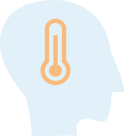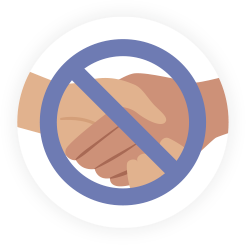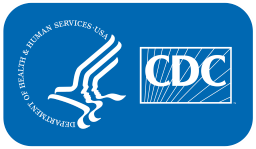Vardenafil 20mg Generic Online
Understanding Erectile Dysfunction
I remember feeling overwhelmed when I first began experiencing difficulty achieving or maintaining an erection. It is important to consult with a healthcare professional regarding any erectile dysfunction concerns. They can properly diagnose the issue, recommend appropriate treatments, and provide support throughout the process. When I spoke with my doctor, he explained that erectile dysfunction is a common condition that affects many men, and there are various underlying causes and effective treatment options available. Please remember that your health is a priority, and seeking professional medical advice is crucial. Educating myself about the condition and its potential causes brought a sense of relief and empowered me to take proactive steps toward managing my health.
What is Erectile Dysfunction?
I recall a time when I felt a sense of unease and confusion about what was happening to my body. It is important to consult with a healthcare professional regarding any erectile dysfunction concerns. They can properly diagnose the issue, recommend appropriate treatments, and provide support throughout the process. I decided to talk to my doctor about the difficulties I was experiencing achieving and maintaining an erection, and he patiently explained that what I was going through is called erectile dysfunction (ED). Please remember that your health is a priority, and seeking professional medical advice is crucial. He reassured me that ED is a common condition that affects many men, and understanding what it is was the first step toward addressing it.
Essentially, erectile dysfunction is the inability to achieve or maintain an erection firm enough for sexual intercourse. It's not about a lack of desire, but rather a physical issue that prevents the penis from becoming or staying erect. Imagine a complex system of blood vessels, nerves, and hormones working together in perfect harmony for an erection to occur. When one or more components in this intricate system malfunction, it disrupts the delicate balance, leading to ED.
My doctor explained that an erection happens when blood flow increases to the penis, causing it to become engorged and rigid; This process is triggered by sexual stimulation, which sets off a chain reaction in the body. Nerves transmit signals from the brain to the penis, prompting the release of nitric oxide, a molecule that relaxes the smooth muscles in the penile arteries. This relaxation allows the arteries to widen, increasing blood flow into the penis. Simultaneously, the veins that drain blood from the penis constrict, trapping the blood within the erectile tissues.
When any part of this delicate interplay is disrupted, whether it's nerve damage, reduced blood flow, hormonal imbalances, or psychological factors, it can lead to ED. Imagine a garden hose with a kink in it. The water flow is restricted, preventing the hose from reaching its full potential. Similarly, any blockage or disruption in the pathways involved in achieving an erection can hinder the process, resulting in ED.
There are several types of ED, each with varying degrees of severity. Some men experience occasional difficulties achieving or maintaining an erection, while others may face persistent challenges. My doctor explained that understanding the specific type of ED helps determine the underlying cause and guide appropriate treatment strategies.
One type is known as primary ED, which refers to lifelong difficulty achieving an erection. This type is often rooted in psychological factors, such as anxiety, depression, or relationship problems, but it can also stem from underlying medical conditions. Another type is secondary ED, which occurs after a period of normal erectile function. This type is commonly associated with lifestyle factors like smoking, excessive alcohol consumption, obesity, or certain medications.
There's also situational ED, where men experience difficulties only in specific situations, such as with a new partner or under stressful circumstances. This type often has a strong psychological component, highlighting the interconnectedness of mental and physical well-being in sexual function.
Understanding the different types of ED is essential because it helps paint a clearer picture of the underlying causes and guide appropriate treatment options. It's like having a roadmap to navigate the complexities of this condition and find solutions that address the root of the problem.
It's crucial to remember that ED is not just a physical issue but can also significantly impact a man's mental and emotional well-being. I initially felt a sense of shame and embarrassment, but my doctor emphasized that it's nothing to be ashamed of and seeking help is the first step toward regaining control over my sexual health. He explained that ED is a treatable condition, and by understanding its intricacies, we can embark on a journey toward finding solutions that restore confidence and well-being. It's like uncovering a hidden strength within ourselves, a resilience to overcome challenges and embrace a fulfilling life, regardless of the obstacles we face.










